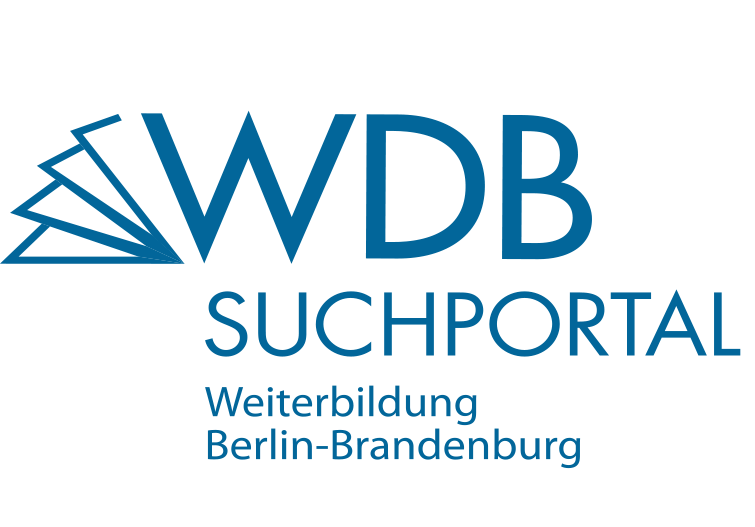- Następny termin:
- Termin auf Anfrage
- Łączny czas trwania:
- 12 Stunden in 2 Wochen
- Praktyka:
- Nein
- Język wykładowy:
- Englisch
- Rodzaj szkolenia:
- Weiterbildung
- Forma oferty:
- E-Learning
- Czas przeprowadzania zajęć:
- Abendveranstaltung
- Tagesveranstaltung
- Teilzeitveranstaltung
- Wochenendveranstaltung
- Min. ilość uczestników:
- 1
- Maks. ilość uczestników:
- 10000
- Cena:
- keine Angaben
- Rodzaj dyplomu:
- Zertifikat/Teilnahmebestätigung
- Egzamin końcowy:
- Nein
- Rodzaj świadectwa ukończenia:
- keine Angaben
- Certyfikaty oferty:
- Nicht zertifiziert
- Oferty tylko dla kobiet:
- Nein
- Organizatorzy oferujący opieką dla dzieci:
- Nein
- Link do oferty:
- Zum Angebot auf der Anbieter-Website
- Jakość informacji:
- Suchportal Standard Plus
- Grupy docelowe:
- - Software Developers - Software Architects - Product Owner - Everyone interested in sustainable software engineering
- Wymagania specjalistyczne:
- general IT knowledge, solid mathematical knowledge, basic knowledge of programming in Python. By the way, we use Python in the course not because it's particularly efficient, but because many people know it.
- Wymagania techniczne:
- Keine besonderen Anforderungen.
- Systematyka agencji zatrudnienia:
- C 1435-10-40-10 Softwareprodukte
Treści
This two-week free course is about resource-efficient software engineering. We'll discuss how to apply climate-friendly decisions and actions along the life cycle of software development and their context. In the first part of the course, we will address the area of tension between climate and digitization. We will look at how IT causes CO2 emissions and how IT technologies can save CO2 emissions. What are the possibilities in software development to make processes more sustainable? What are the main problems in software development? How can they be solved? While the first part is theory oriented, the second part will be practical and will have specific examples. Therefore, we will give you some detailed insights into programming resource-efficient software.
Week 1: In the first week, we will see what the ecological footprint of digitization is. We'll discuss how digitization helps to save CO2, and also also see where IT causes CO2. Next, we will take a closer look at the roles that commonly exist in the IT industry (e. g. developer, IT architect, leader) to identify which opportunities for resource-efficient actions exist in each role.
Topics:
- CO2 savings with IT, CO2 consumption caused by IT
- Basic concepts
- Perspectives of different roles: users, architects, developers, leaders, regulatory framework
Week 2: Based on the fundamentals learned in week 1, we'll discuss which barriers exist that hinder us from acting more ecologically in the process of software development. Then we'll see how we can overcome these barriers and find solutions. The main part of the second week covers solutions, i. e. examples to show what a developer in particular can do in the development of his software to act in the most climate-friendly way possible.
Topics:
- Barriers and solution strategies for sustainable digitalization
- Choice of technology
- Software & system architecture
- Computational complexity
- Data structures
- Storage and network
- Caching
Wszystkie informacje bez gwarancji. Za poprawność informacji odpowiadają wyłącznie organizatorzy.
Po raz pierwszy opublikowano dnia 21.06.2022, Ostatnia aktualizacja 13.05.2024
